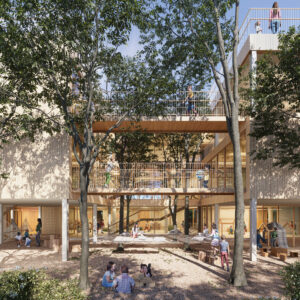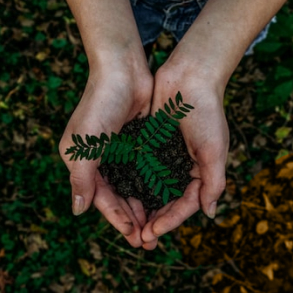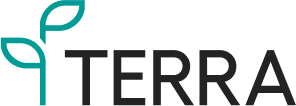A new concept of education arrives in Barcelona. It is the conscious school Terra, founded by entrepreneur Borja Vilaseca. Next September, it will open its doors for I3, I4, and I5 courses, catering to children aged 3 to 5. Over the coming years, it will gradually open the rest of the primary, secondary, and high school courses. The school is located on a 1,800m2 plot at 60 Mossèn Jacint Verdaguer Avenue, in the center of Valldoreix (Barcelona). It is officially recognized by the Department of Education of the Generalitat de Catalunya, ensuring that its studies have official accreditation.
“Terra is the culmination of a collective effort to transform educators and, therefore, education,” explains Vilaseca. “Our team consists of experienced pedagogues, passionate teaching professors, conscious parents, experienced managers of innovative schools, and committed medium- and long-term investors.” Since 2016, they have been developing their own pedagogy based on the 11 dimensions of conscious education, which integrates and expands the current curriculum, enabling children to fully develop in all areas of life.
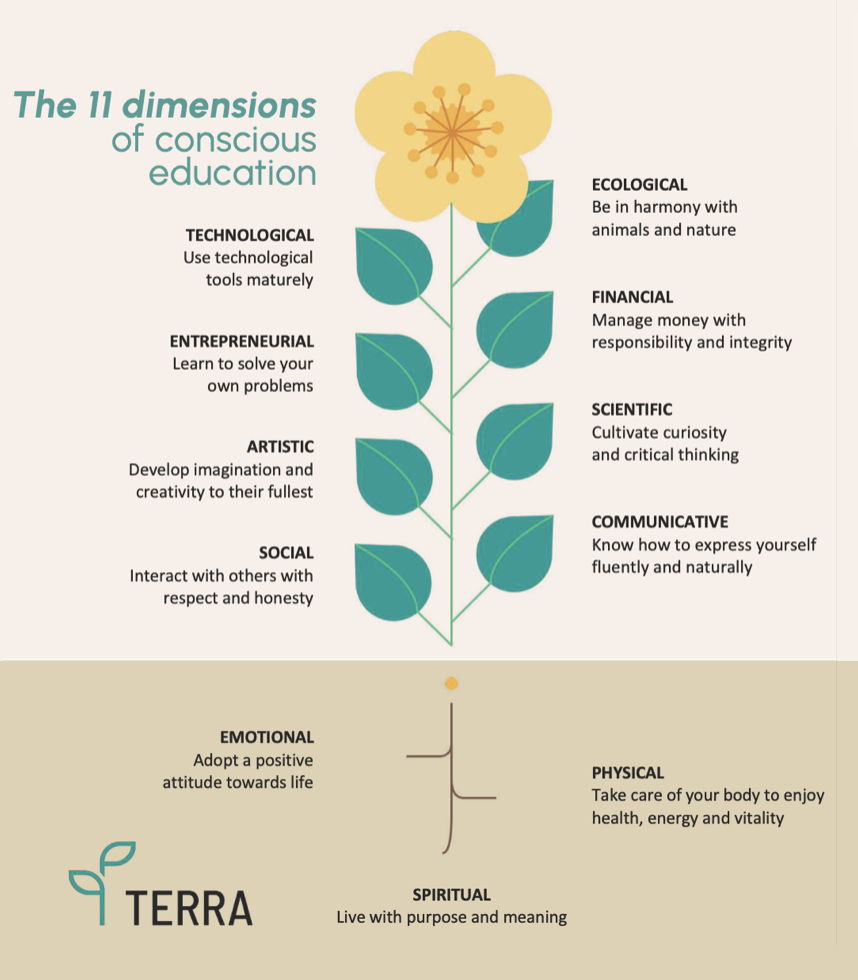
“The first three dimensions (spiritual, physical, and emotional) are inward-focused; they emphasize the student’s self-knowledge, teaching them to take care of their body, cultivate their mind, and connect with their spirit,” explains Vilaseca. “The other eight dimensions (social, communicative, artistic, scientific, entrepreneurial, financial, technological, and ecological) are outward-focused; they emphasize the student’s ability to relate to others, society, the new job market, the planet, and ultimately, to existence,” notes the founder of Terra.
Meanwhile, the director of Terra school, Emma Henríquez, states that “conscious education respects and promotes the uniqueness of each child, fostering a holistic development that allows them to discover who they truly are and what their authentic purpose is.” She adds, “It not only prepares them for life but also provides tools to adapt and thrive in the new job market. Our pedagogical commitment is that when our students complete their schooling process, they are well-prepared—both emotionally and intellectually—to face the challenges and demands of the 21st century.”
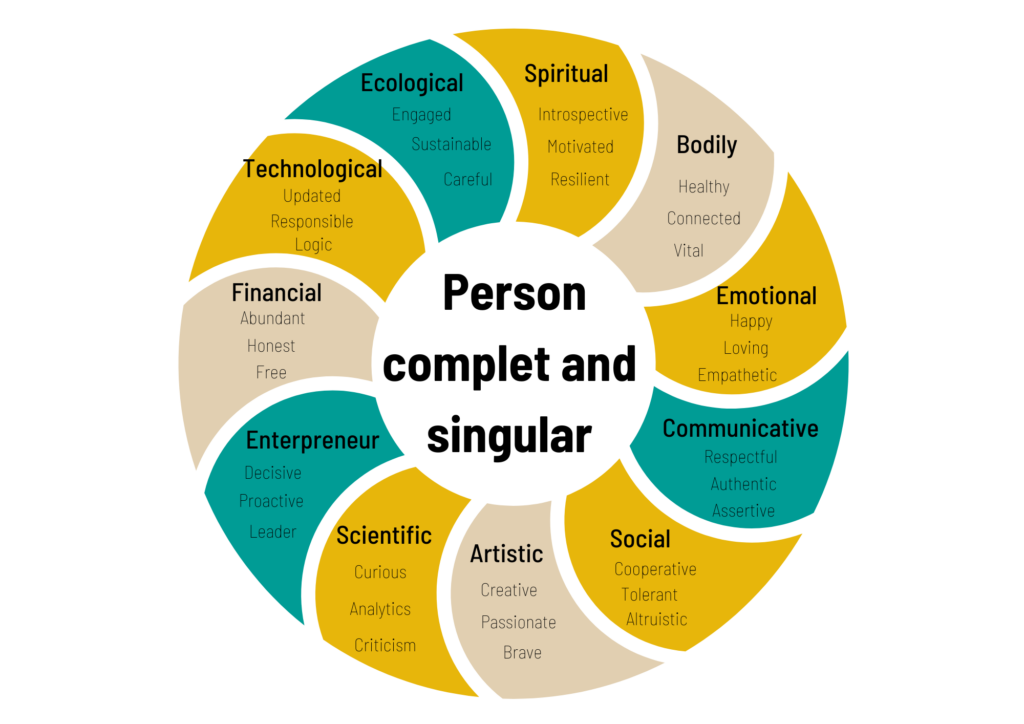
Among other distinctive values of this school, Henríquez highlights the following:
1) Transformed teachers. At Terra, teachers are called “companions.” Essentially, their educational role is to accompany children so they can grow and flourish naturally at their own pace. All the teachers at this school are conscious individuals who deeply love what they do and are true experts in conscious education. In fact, all of them have undergone a process of self-discovery and personal transformation to be able to perform their role with true awareness. Among other trainings, they must all complete the Master’s in Personal Development and Leadership, as well as the Master’s in Terra Pedagogy, both from the Kuestiona educational community.
2) Trilingual teaching. Students interact with three reference adults, each of whom is a native speaker of one of the three languages: Spanish, Catalan, or English, giving equal importance to each of these three languages in daily life. Notably, 50% of them are native English speakers.
3) Mixed-age groups. Throughout the school week, each learning group joins others of heterogeneous ages, so everyone can learn from everyone. Thus, in the first year, they are the youngest in the class; the second year, they are in the middle; and the third year, they are the oldest. This type of grouping promotes flexibility and resilience, as well as empathy and a spirit of collaboration.
4) Reduced student ratios. Each group of 20 has 2 reference companions and two assistants for every three groups, ensuring personalized attention. The goal is to offer a truly high-quality education.
5) Active methodologies. Terra’s methodology is inspired by the legacy of great innovative educators like Maria Montessori, Bernard Aucouturier, Loris Malaguzzi, Arno Stern, Howard Gardner, Herbert Hagstedt, Dylan William, and Reggio Emilia, among others. This school employs a comprehensive and transversal approach that develops both the left and right hemispheres of the brain, fostering the cultivation of the body, mind, and spirit. All this is based on active methodologies that combine different accompaniment strategies, placing children and young people at the center of their own learning. This process is carried out collaboratively, generating rich and real-life applicable learning experiences. Thus, they foster levels of autonomy corresponding to each student’s capabilities.
6) Formative assessments. Terra school focuses on the educational process and not just the result. In fact, it measures each child’s progress qualitatively through different tools such as self-assessment (of themselves), co-assessment (among peers), and hetero-assessment (from companions and families). Moreover, the pedagogical practice carried out by the teachers is also subject to evaluation. Therefore, it is a 360º evaluation. Through this conscious observation, companions detect each student’s intrinsic motivation, as well as their strengths and innate qualities related to each area of life. The goal is for each child to grow and evolve to become the best version of themselves.
7) Dynamic governance. Another novelty of this educational community is the use of dynamic governance, where all involved parties have a voice and are heard when deciding how to improve the day-to-day operations of the school, including the children themselves. This cultivates a participatory, collaborative, and democratic mindset.
8) Scholarships for students. Terra is a private school and therefore enjoys academic freedom. Since the team is committed to being a school for everyone, they created the Utópika Foundation in 2021 to receive donations to provide scholarships for students. In fact, in 2024, they finally secured a significant donation from a benefactor, thanks to which they will be able to provide scholarships to dozens of students.
9) Sustainable architecture. Terra school’s architecture is completely innovative and led by architect Toni Gironés, an expert in designing sustainable spaces fully integrated with the natural ecosystem in which they are created. “The school has been conceived as a nest that extends its activity and interacts with its surrounding environment,” explains Gironés. “We have interpreted the trees and vegetation as part of its natural habitat. Additionally, the different educational cycles develop from the roots and ascend through the various floors of the building in parallel with the growth of the trees. Through dynamics like this, we propose a way of inhabiting that is conscious and coherent with the environment of which we are a part,” he concludes.
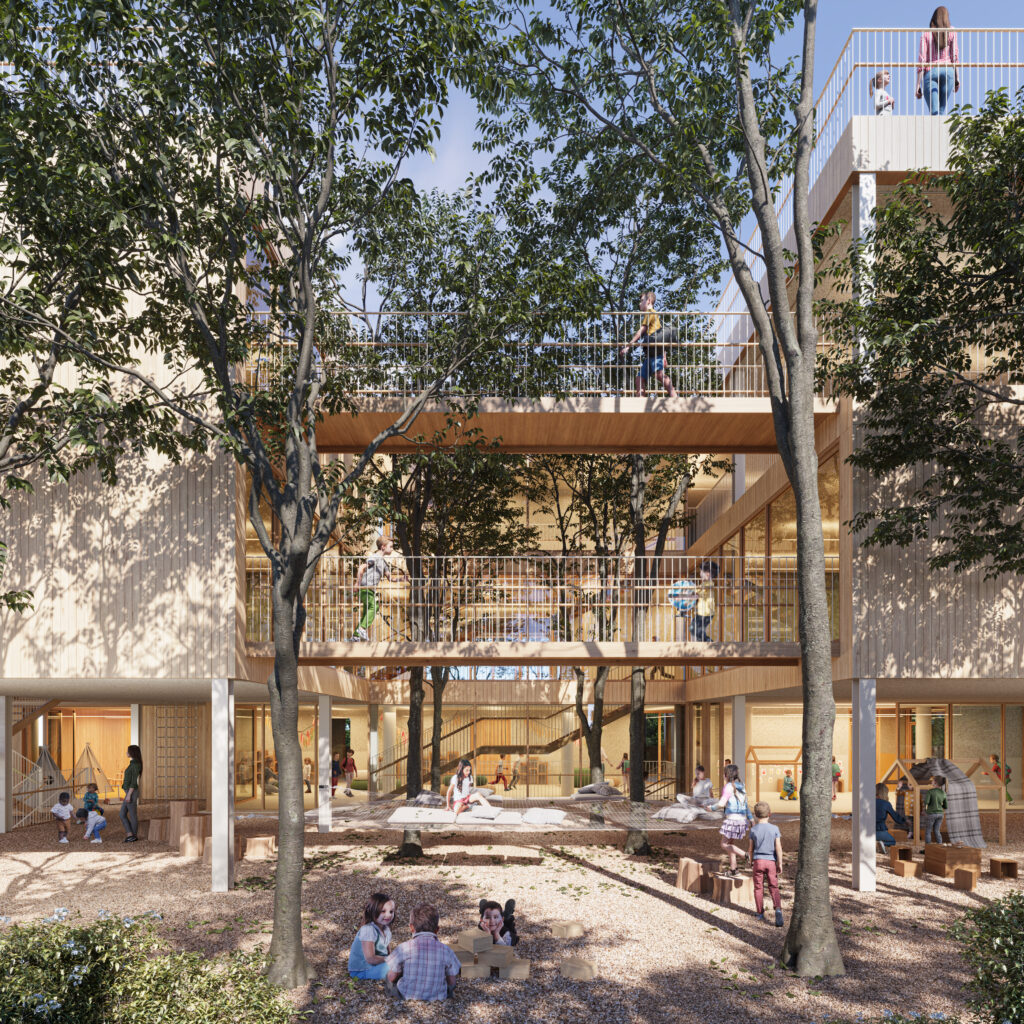
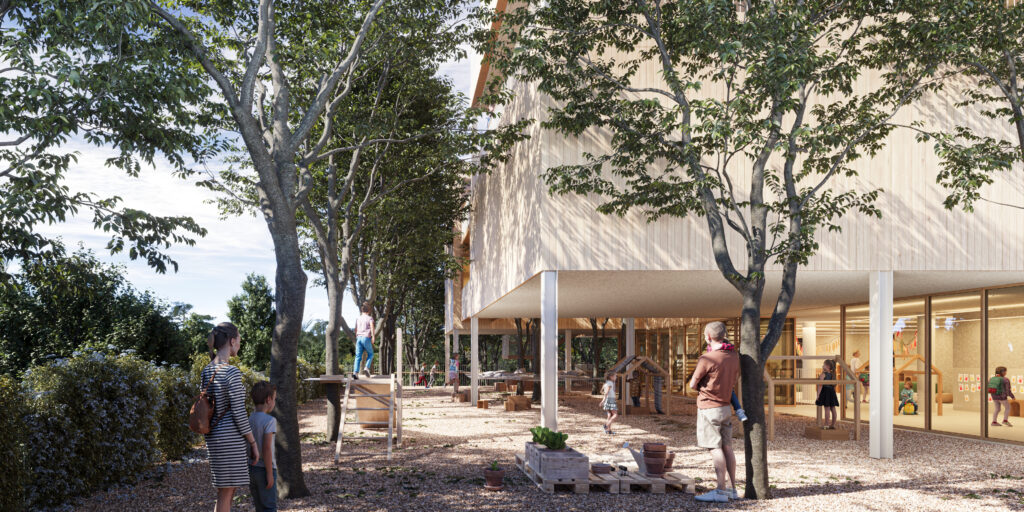
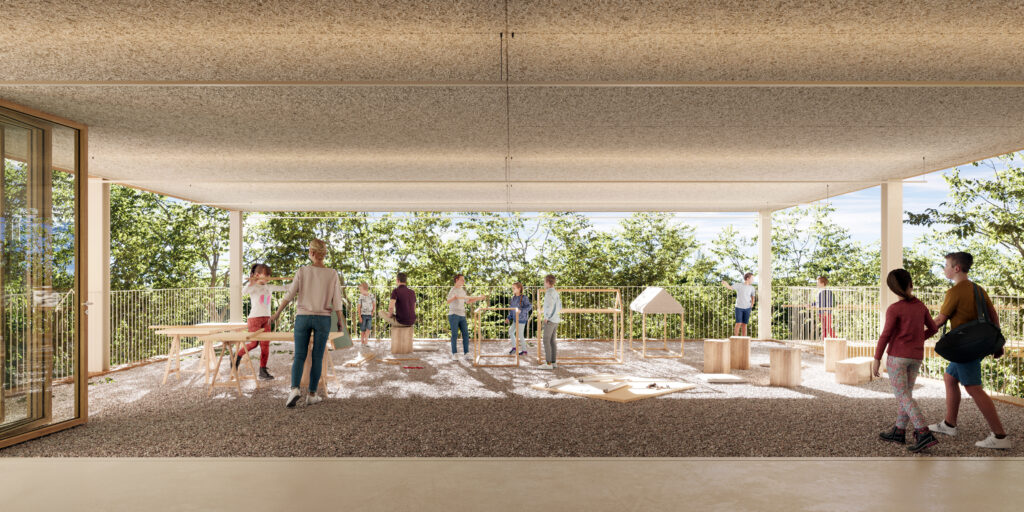
“Our goal is not to create schools, but to transform education,” states Terra’s General Director, Juan de Olano. “Over the coming years, we want to franchise our pedagogy, creating an international and interconnected network of Terra schools,” he adds. This is why, in addition to establishing the first location in Valldoreix, the team is already in discussions to open other centers in different cities around the world.
They also aim to license their educational software to private, subsidized, and public industrial schools, so these institutions can begin their necessary process of change and transformation by adopting the pillars of conscious education with their respective brands. Additionally, they plan to continue (trans)forming parents and educators through the training programs developed by the Kuestiona self-knowledge community. As Nelson Mandela said, “Education is the most powerful weapon which you can use to change the world.”
Terra and Kuestiona are the first two projects launched by the conscious education hub Utópika Labs, which recently closed its first investment round, raising 1.6 million euros. This marks the culmination of Borja Vilaseca’s 18-year entrepreneurial journey, as well as that of his executive team composed of other social impact entrepreneurs. Among their investors, Thomas Meyer, the founder of the brand Desigual, stands out. “After many years of passionate work, we have earned the trust of prestigious investors and funds, with whom we hope to realize our vision of transforming the educational system,” concludes Vilaseca.

